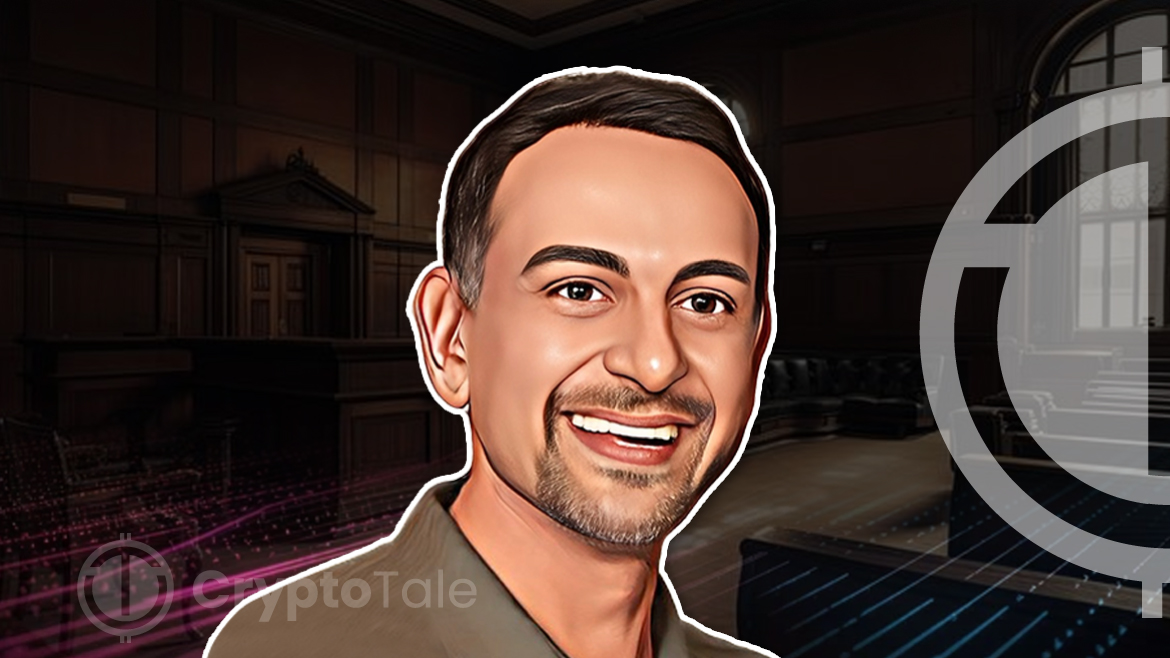- SEC admits straying from Wells process in Debt Box case, sparking fairness concerns.
- Grewal criticizes the SEC for its lack of transparency in evidence disclosure.
- Alderoty of Ripple compares SEC’s handling to Kafka’s “The Trial,” alleging unfairness.
The U.S. Securities and Exchange Commission (SEC) has acknowledged that it did not follow its usual Wells process in its case against Debt Box. The admission was made in a brief aimed at avoiding the dismissal of the case with prejudice. Paul Grewal, Chief Legal Officer at Coinbase, highlighted this revelation on the X platform.
Grewal noted that the SEC did not provide the customary “thorough explanation” of evidence, which is typically part of the Wells process designed to aid the charging decision for a specific potential defendant. “We weren’t told what assets were at issue at all,” Grewal stated, questioning the SEC’s deviation from its standard procedures.
The Wells process is a standard procedure employed by the SEC to ensure transparency and fairness in its enforcement actions. It involves providing the potential defendant with a comprehensive explanation of the evidence and charges they face, allowing them to respond adequately before any formal charges are filed. Debt Box, the defendant in this case, has challenged the SEC’s approach, arguing that the lack of specific information about the assets in question undermines the integrity of the process.
The SEC’s Wells process is intended to give defendants a detailed overview of the evidence against them, allowing for a fair and transparent charging decision. However, in this instance, Grewal claims that the SEC failed to specify which assets were considered securities in their charges against Debt Box.
The legal community and various stakeholders have reacted strongly to this disclosure. Grewal’s post also called out other major entities, including Robinhood, Ripple, Uniswap, Kraken, and Binance.US, asking if they had received similar treatment in their interactions with the SEC.
The broader implications of this departure from protocol could be significant, potentially impacting the SEC’s credibility and the perceived fairness of its enforcement actions. Stuart Alderoty of Ripple echoed these sentiments, comparing the SEC’s handling of the investigation to Kafka’s “The Trial,” suggesting that defendants were treated unfairly during the process.
This resonates with Ripple’s ongoing lawsuit against the SEC, which centers on accusations of unregistered securities offerings related to XRP sales. Both cases raise concerns about the SEC’s approach to enforcement in the digital asset space.






